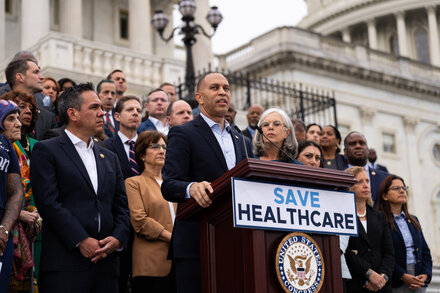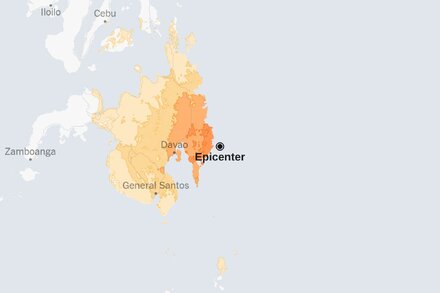
Washington D.C. is once again grappling with the impending threat of a government shutdown as Republicans and Democrats remain deadlocked over budget appropriations, trading accusations of intransigence and political posturing. With a critical funding deadline fast approaching, the inability of Congress to agree on spending bills has raised concerns about widespread disruptions to federal services and the broader economy.
The impasse centers on fundamental disagreements over spending levels, policy riders, and the overall direction of federal fiscal policy. Republicans, particularly within the House, are advocating for significant cuts to discretionary spending and often seek to attach conservative policy provisions, such as enhanced border security measures, to appropriation bills.
“We are committed to fiscal responsibility and bringing our nation’s ballooning debt under control,” stated a senior Republican leader, reflecting common party sentiment. “We cannot continue with the status quo of reckless spending. Our proposals are about reining in government and prioritizing the American taxpayer, not about political games.”
Conversely, Democrats generally oppose deep cuts to federal agencies and social programs, arguing that such reductions would harm critical services and undermine economic stability. They often push for maintaining current funding levels, and in some cases, seek additional funding for specific initiatives or international aid packages.
“The extreme demands from the other side are putting vital government functions and the livelihoods of millions of Americans at risk,” a prominent Democratic voice countered. “Our focus is on ensuring the government can continue to deliver essential services without being held hostage by partisan demands that have no place in a serious budget negotiation.”
The blame game has intensified as the deadline draws nearer. Each party accuses the other of failing to negotiate in good faith, prioritizing partisan agendas over the needs of the country, and being unwilling to compromise. This cycle of finger-pointing makes reaching a bipartisan agreement increasingly difficult.
Potential Impacts of a Shutdown
Should a shutdown occur, the consequences could be far-reaching. Hundreds of thousands of federal employees could be furloughed without pay, while others deemed “essential” would be required to work without immediate compensation. Services ranging from national park operations to certain government-issued permits could be suspended or severely curtailed. The economic fallout could include a slowdown in government contracting, reduced consumer confidence, and a negative impact on economic growth.
As negotiations continue behind closed doors, the pressure mounts on congressional leaders and the White House to find common ground. The looming deadline serves as a stark reminder of the challenges in governing a deeply divided Congress.
Source: Read the original article here.





